(CLO) After being devastated by civil war, South Sudan is now facing an economic crisis so bad that it has imposed a tax on its only source of livelihood: international aid convoys.
South Sudan, the world’s youngest nation, is facing one of the world’s worst economic crises. The East African country, which broke away from Sudan in 2011 after decades of civil war, is struggling with severe flooding, a collapsing currency and a catastrophic drop in revenue from its main export, oil.
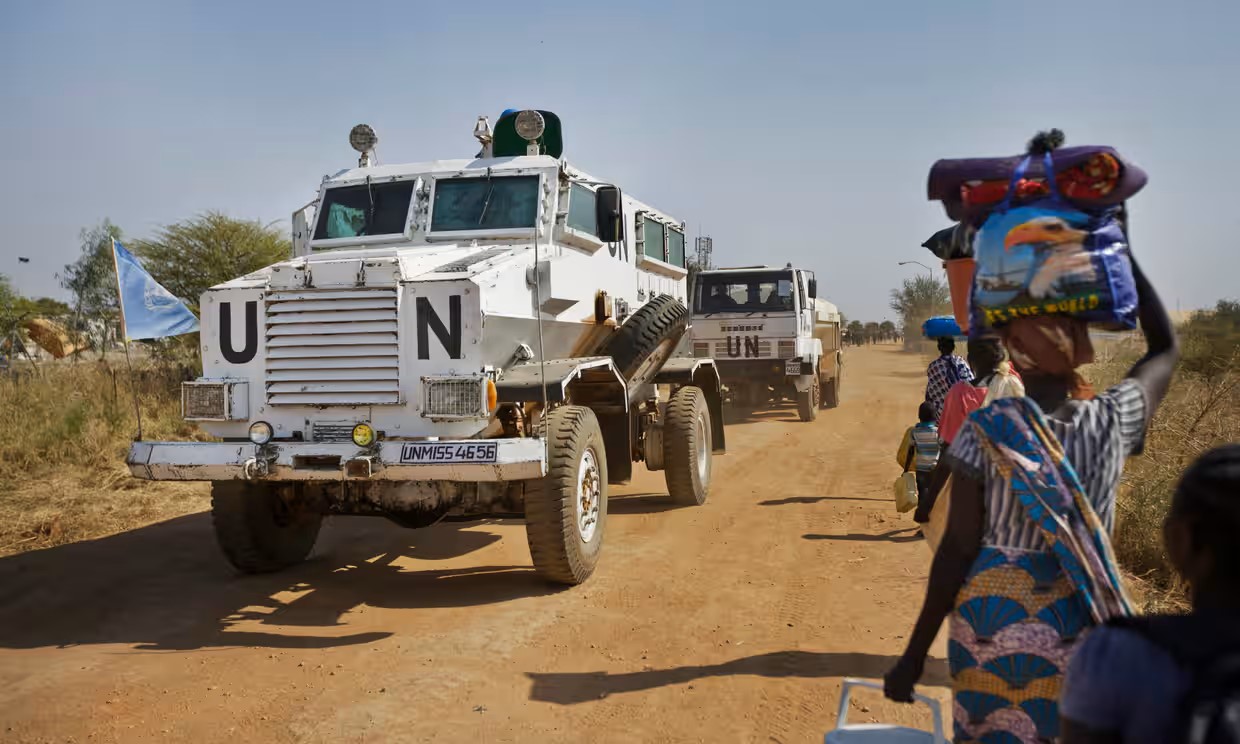
South Sudan imposes a $300 tax on each truck carrying aid when it enters the country and again when it leaves. Photo: AP
Extreme crisis
While many African countries are struggling financially, the pain is on a whole different level. South Sudanese civil servants have not been paid for a year. Authorities canceled a presidential election, saying they did not have enough cash to register voters.
Unpaid soldiers are abandoning rural outposts and flocking to towns to make a living. Police have quit, allowing crime to run rampant. Public school teachers and health workers have been on strike for months.
Desperate for revenue, the South Sudanese government has imposed a $300 tax on each international aid truck entering the landlocked country, and again on leaving. Aid agencies say the truck tax adds $339,000 a month to the cost of keeping South Sudan’s impoverished people alive.
The South Sudanese government is also taxing vehicles and supplies belonging to the 14,000-strong United Nations peacekeeping force stationed in the country. The peacekeepers, short of money for fuel, have stopped daily security patrols around dozens of refugee camps that house nearly 200,000 people from war-torn Sudan.
“Our economy is under pressure,” South Sudan’s Finance Minister, Marial Dongrin Ater, said in a recent televised speech. “The president wants us to increase our non-oil revenue mobilization. I am determined to implement his directive.”
South Sudan's political deadlock
The decision to tax its own aid convoy has put South Sudan at odds with its biggest donors. The United States, which has contributed more than $508 million in aid to South Sudan this year, has restricted visas for officials responsible for the decision.
“As South Sudan’s leaders struggle for power and fail to hold credible and peaceful elections, the people of South Sudan suffer the consequences,” the US, UK and Norway said in a joint statement last month.
“Millions of people face severe food insecurity year after year,” the statement said. All three countries have accused South Sudan’s leaders of using the financial crisis to cover up a lack of political will to hold elections.
South Sudan is scheduled to hold elections in December to choose leaders to succeed the current interim government, headed by President Salva Kiir and First Vice President Riek Machar. Armed allies of Kiir and Machar fought a five-year civil war against each other, and a 2018 peace agreement that ended the fighting set the timetable for the elections.
The first election delay was to 2022, and last month the government postponed the election again, this time to 2026.
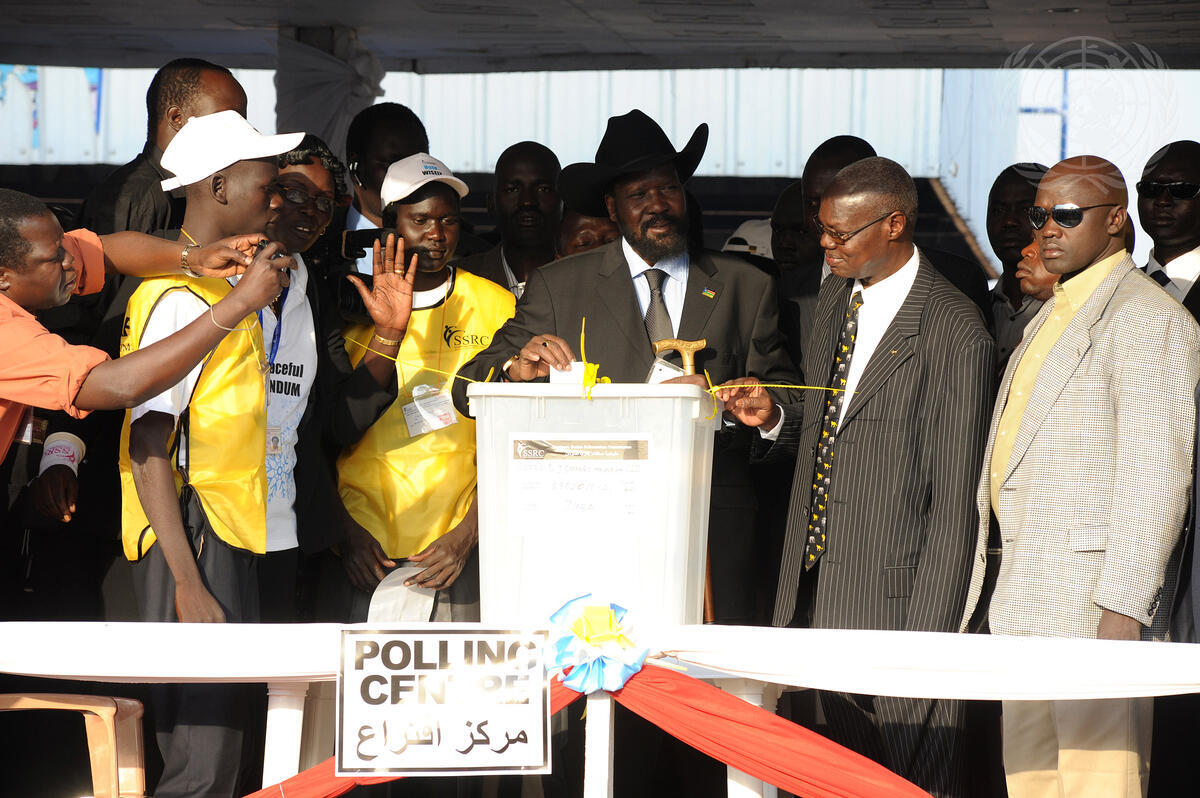
South Sudan has postponed elections scheduled for December this year. Photo: UN
Oil exports, which typically account for more than 90% of government revenue, were halted in February after damage to a key pipeline that carries about two-thirds of South Sudan’s 150,000 barrels a day of oil exports through war-torn neighboring Sudan to an export terminal on the Red Sea.
The damaged pipeline, located in Sudan, a country battling a civil war, is in an active war zone and will require months of complex repairs, according to analysts and government officials.
Regional analysts fear that the disruption of oil exports could reignite South Sudan's civil war, which began with factions fighting over falling oil revenues and ended with the deaths of 400,000 people.
“This is a very difficult time in the history of South Sudan,” said Daniel Akech, an analyst at the International Crisis Group, a Brussels-based think tank. “Without oil exports, it will be very difficult to finance the transitional government. The only way out of this crisis is to continue exporting oil.”
Difficulty upon difficulty
South Sudan tops the list of countries hardest hit by spikes in food prices, according to the World Bank, after food inflation soared more than 164% in July, sending prices of staples such as sorghum and beans to levels not seen since the country gained independence.
The South Sudanese government has deployed police to markets to prevent price gouging. But the effort has run into a major obstacle: Without pay for nearly a year, hundreds of soldiers and police have deserted.
“The situation is unbearable,” said a 38-year-old former South Sudanese soldier who now works as a truck driver in neighboring Uganda. “I had to leave to feed my family. In my entire career, I have never had to wait so long for my salary.”
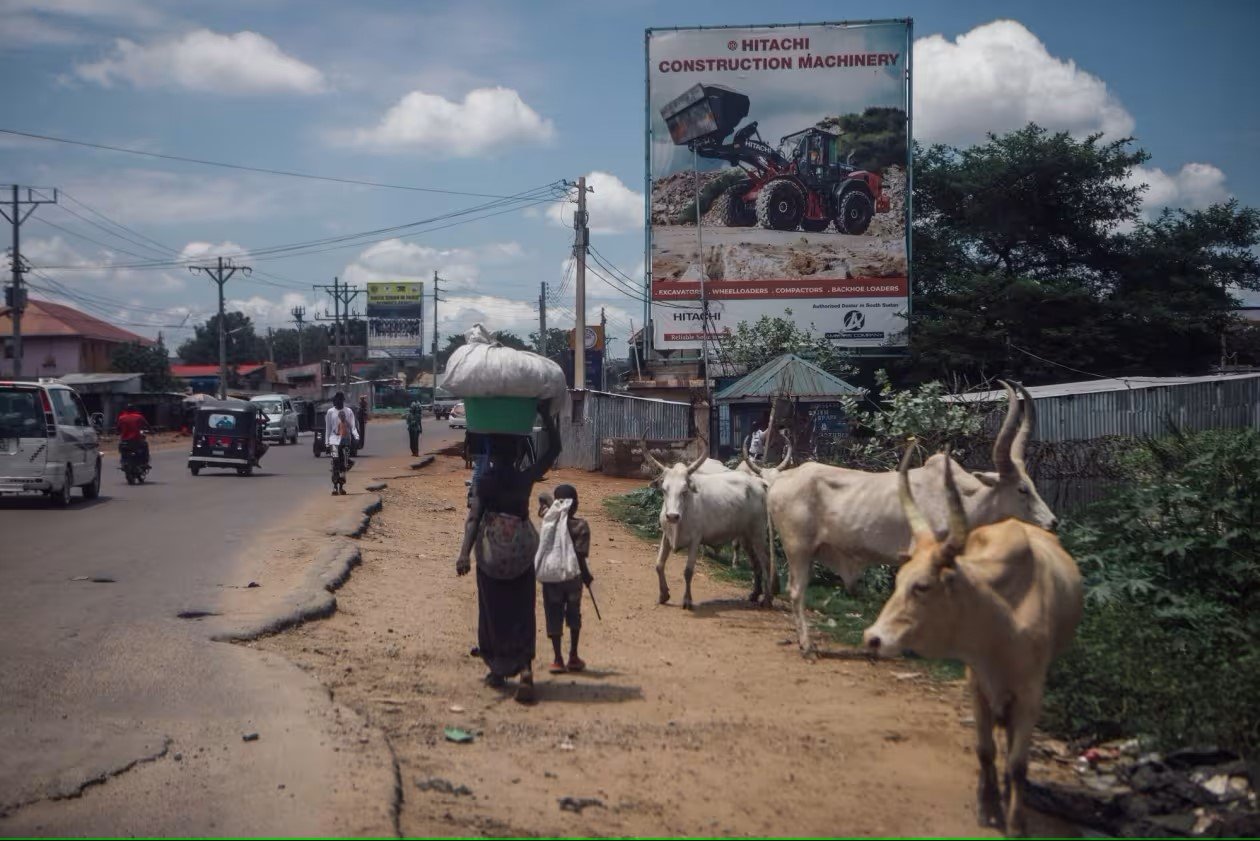
The economic crisis has seen the South Sudanese currency lose more than 80% of its value against the US dollar since January, and inflation has soared to more than 90%. Photo: Bloomberg
With security personnel deserted, looting and looting have spiked. The UN recorded more than 230 attacks on aid agencies in the first half of 2024, including hijackings of aid convoys and looting of food stores.
Doctors Without Borders said its medical delivery trucks are regularly targeted. Last week, the charity suspended operations in a southern region after two of its vehicles were hijacked and looted. It was the third attack in the area in as many months.
Soaring food prices and historic flooding caused by El Nino weather effects, which brought heavy rains to South Sudan and drought further south, have left 75% of South Sudan's 12 million people dependent on humanitarian aid, according to the United Nations.
For generations, people living on the fertile plains of South Sudan have relied on fishing during the flood season and growing sorghum when the waters recede.
But in recent years they have been unable to count on any source of income, as record water levels in Lake Victoria, which straddles Uganda, Kenya and Tanzania to the south, have flowed downstream, forcing millions of people from their homes and inundating farmland.
This year’s floods have also submerged 38 of South Sudan’s 70 districts, forcing nearly a million people to flee to crowded shelters on higher ground, without basic supplies. The international aid group Oxfam has recorded more than 40 deaths from hunger in one district in South Sudan alone in the past three months.
“The heavy rains have made things worse, dealing a final blow to thousands of people who were starving,” said Manenji Mangundu, country director for Oxfam in South Sudan. “The situation is particularly dire in shelters where people are crammed in without food, water or proper sanitation.”
South Sudanese authorities have yet to transfer $76 million they promised to send in July to help flood victims, according to UN officials. The UN World Food Programme (WFP) says it has less than half of the more than $680 million it needs to help millions of people facing food shortages in South Sudan.
South Sudan’s gross domestic product has contracted 5% from last year to this year, according to the Ministry of Finance. The central bank has run out of reserves to support the local currency, which has lost more than 80% of its value against the dollar since January. And inflation has soared to more than 90%.
Nguyen Khanh
Source: https://www.congluan.vn/khung-hoang-kinh-te-nam-sudan-danh-thue-ca-cac-doan-xe-vien-tro-post317807.html



![[Photo] Flooding on the right side of the gate, entrance to Hue Citadel](https://vphoto.vietnam.vn/thumb/1200x675/vietnam/resource/IMAGE/2025/10/28/1761660788143_ndo_br_gen-h-z7165069467254-74c71c36d0cb396744b678cec80552f0-2-jpg.webp)
![[Photo] Draft documents of the 14th Party Congress reach people at the Commune Cultural Post Offices](https://vphoto.vietnam.vn/thumb/1200x675/vietnam/resource/IMAGE/2025/10/28/1761642182616_du-thao-tai-tinh-hung-yen-4070-5235-jpg.webp)


![[Photo] National Assembly Chairman Tran Thanh Man received a delegation of the Social Democratic Party of Germany](https://vphoto.vietnam.vn/thumb/1200x675/vietnam/resource/IMAGE/2025/10/28/1761652150406_ndo_br_cover-3345-jpg.webp)
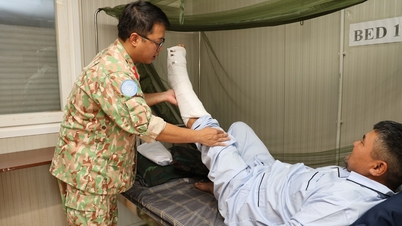

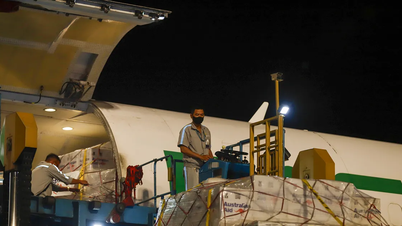




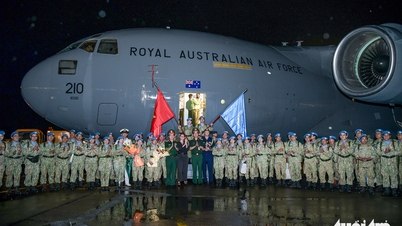

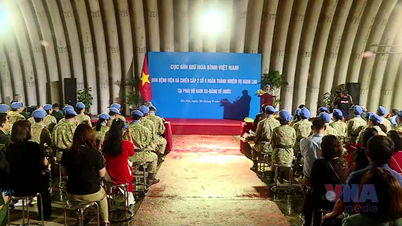





















![[Photo] President Luong Cuong attends the 80th Anniversary of the Traditional Day of the Armed Forces of Military Region 3](https://vphoto.vietnam.vn/thumb/1200x675/vietnam/resource/IMAGE/2025/10/28/1761635584312_ndo_br_1-jpg.webp)
































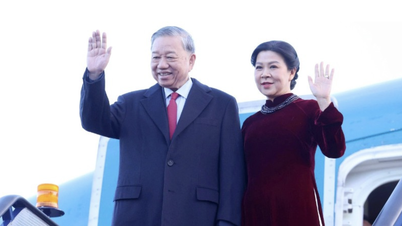


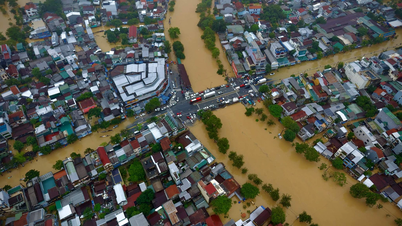


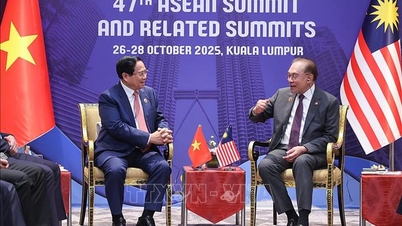
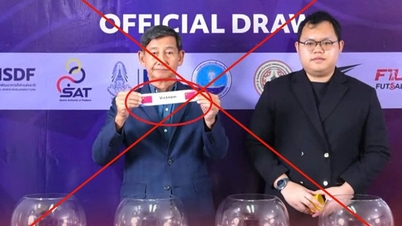

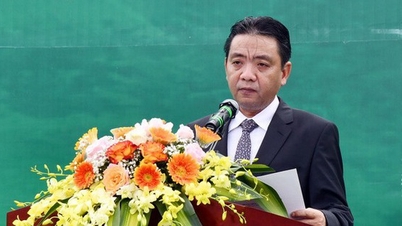
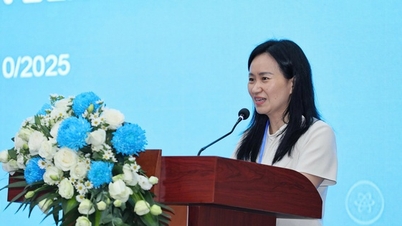




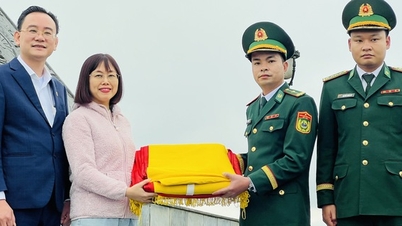
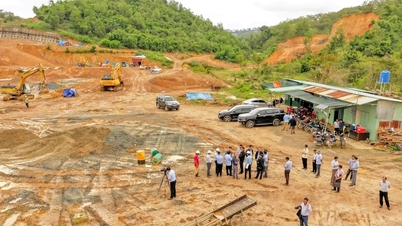

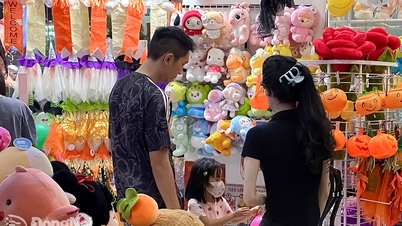



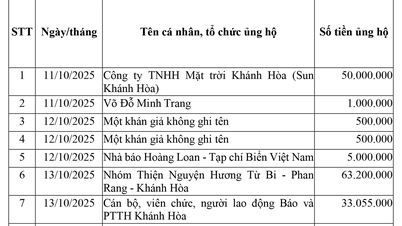

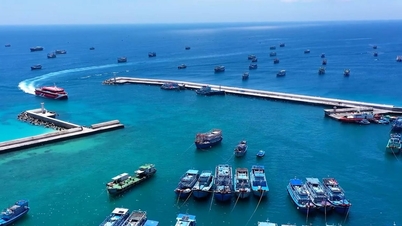
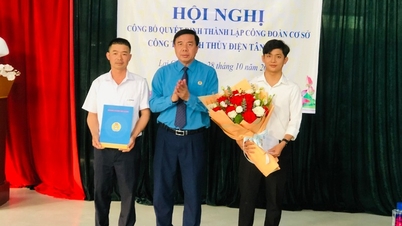

















Comment (0)